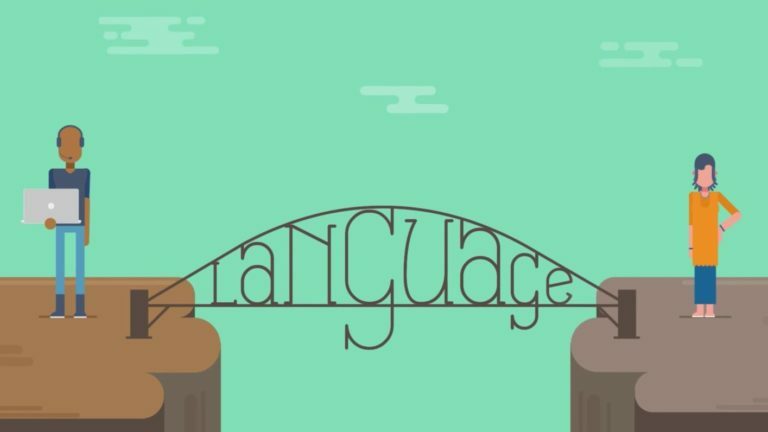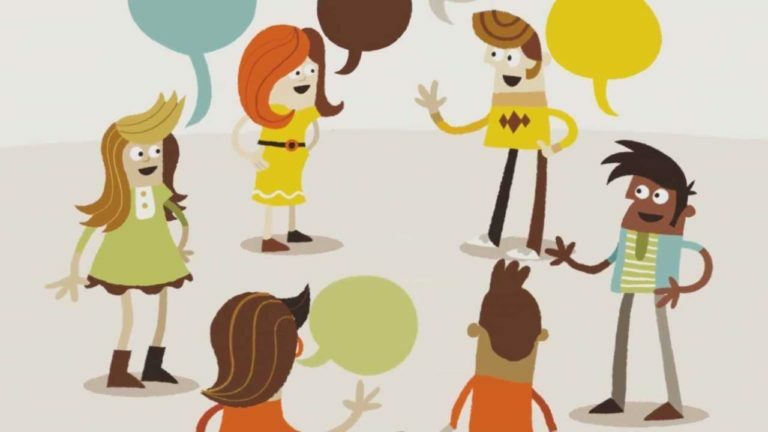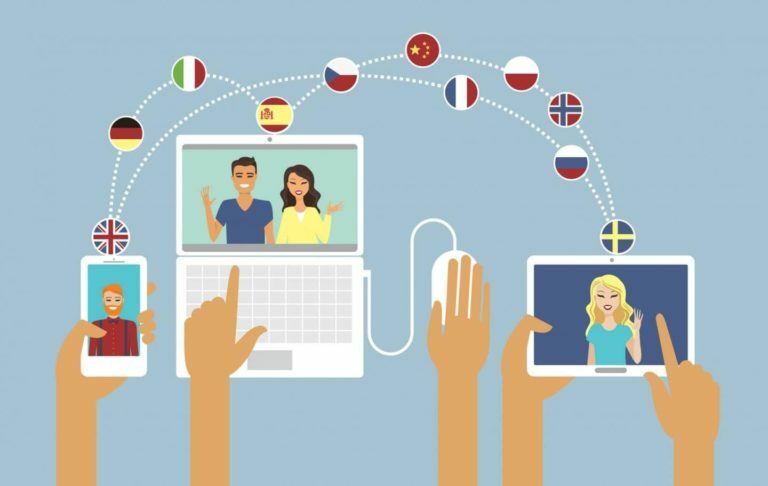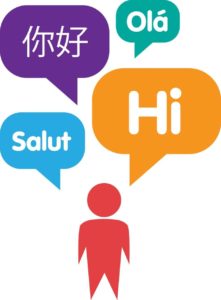The Benefits of Learning a Different Language
By Asfa Shakeel and Hira Aftab

Pakistan is home to some of the most dynamic and expressive languages. From Urdu and Punjabi, Pashto to Balochi and Sindhi. Each language, depending on their region, even have their own specific dialects.
Imagine that if every Pakistani spoke all the main languages of each province. It would be an amazing achievement!
“Kya Haal hai? Man washun, minatwaron? Adi tawan kiyan aiyoh? za kha yam, manana?”
All of these, coupled with the general population’s ability to express themselves in English, could result in Pakistan being a language powerhouse.
In today’s competitive and global world, learning local and international languages is more important now than ever before. It is one of the best ways to differentiate yourself from the competition.

1.A competitive edge
Knowing another language is amongst the top eight skills required in all occupations and the demand for bilingual professionals is rising. Your professional value will increase exponentially if you’re able to negotiate with customers and counterparts in their native language. Not only will you secure the deal, but you will also be placed among the top recruits of positions you apply for.

(Image source: https://freshdesk.com/resources/videos/global-support-multilingual)
2. You communicate better
Learning a foreign language makes your brain aware of the subconscious mechanics such as grammar or sentence structure. This makes you more aware of the nuances of language, and these skills can make you a more effective communicator and writer.

(Image source: https://www.youtube.com/watch?v=MDO6myZyc80)
3. Increases social media engagement
In today’s shrinking world of virtual communication and social media, it is not enough to know only the language of your place of residence. You never know when you will have to communicate with someone that speaks a different language than you, and it reflects well to be able to communicate with them in their own native tongue.

(Image source: https://www.servicedeskshow.com/industry-news/5-steps-deliver-multilingual-service-desk-support/)
4. Improves mental abilities and combats diseases affecting the brain
A study conducted in Canada suggested Alzheimer’s and the onset of dementia are diagnosed far later in bilinguals than for monolinguals. In addition, bilingual people boast improved memory, problem-solving, critical-thinking skills, enhanced concentration and an increased ability to multitask (The Guardian, 2014).
 (Image source: https://kinsta.com/blog/wordpress-multilingual/)
(Image source: https://kinsta.com/blog/wordpress-multilingual/)
5. Makes you a better observer
A study from Spain’s University of Pompeu Fabra revealed that multilingual people are better at observing their surroundings.
 (Image source: https://www.innovationexcellence.com/blog/2015/11/17/why-smart-people-struggle-to-be-innovative/)
(Image source: https://www.innovationexcellence.com/blog/2015/11/17/why-smart-people-struggle-to-be-innovative/)
6. Increases your self confidence
Self-confidence is a natural consequence after summing up all the benefits of learning a new language. By simply mastering one skill, the other faculties are developed. People tend to gravitate around multilingual people because of their skills; others simply find the polyglots’ openness and quick-mindedness naturally attractive.
 (Image source: http://maybusch.com/how-to-protect-your-confidence/confident-business-woman/)
(Image source: http://maybusch.com/how-to-protect-your-confidence/confident-business-woman/)
7. Travelling was never easier and more exciting!
You’ll be at home wherever you go if you are able to converse with a population. Not only will it be easier for you to navigate around an unfamiliar setting and make new acquaintances, you will also find it easier to understand and adapt to local cultures if you have an authentic understanding of where you are.

(Image source: https://medium.com/@ru_rkya/an-easy-way-to-become-multilingual-6809984d6da2)
Learning a language doesn’t have to be a chore! There are multiple ways to stay entertained and learn at the same time. Here’s a list of ways to ensure you won’t get bored!
- Watch dramas and TV shows in the local language
- Listen to music
- Read short passages or children’s books in the language
- Download a language app in your phone!
If learning new languages seems too daunting a task to you, start small. Pick up a few common phrases in more popular languages and see which dialect you adapt to best. Start researching into local pieces of writing, commonly used vocabulary and the culture of the place itself. Slowly, you’ll start developing an inclination towards the language and what it represents, making it much easier for you to pick up on its intricacies.
Applications and websites you can useTo help you on your quest of learning a new language we’ve compiled a list of resources:
Multiple Language websites

